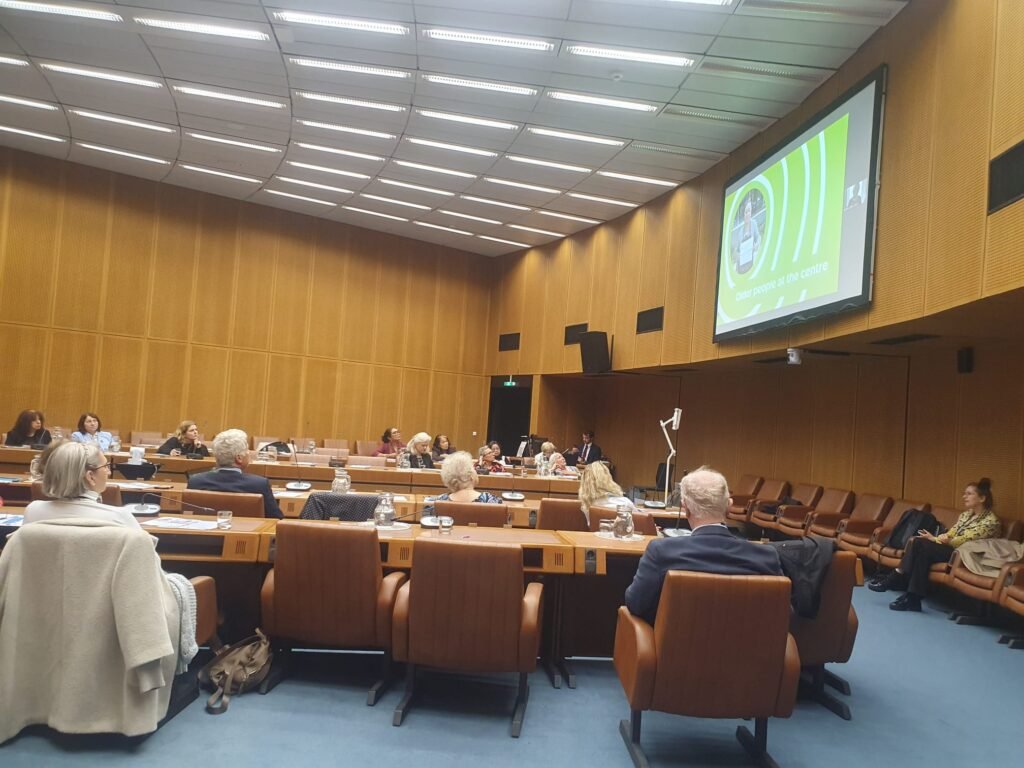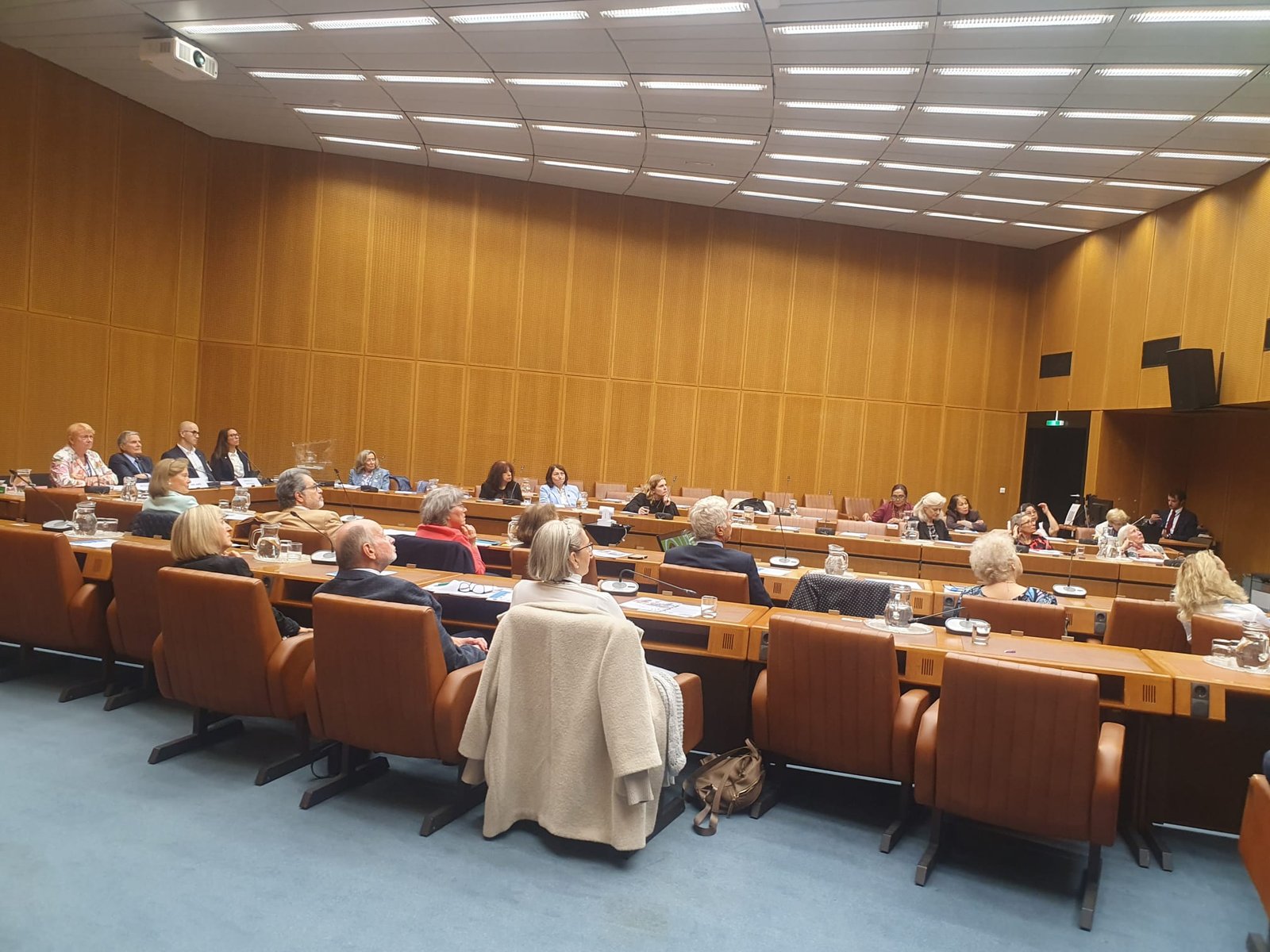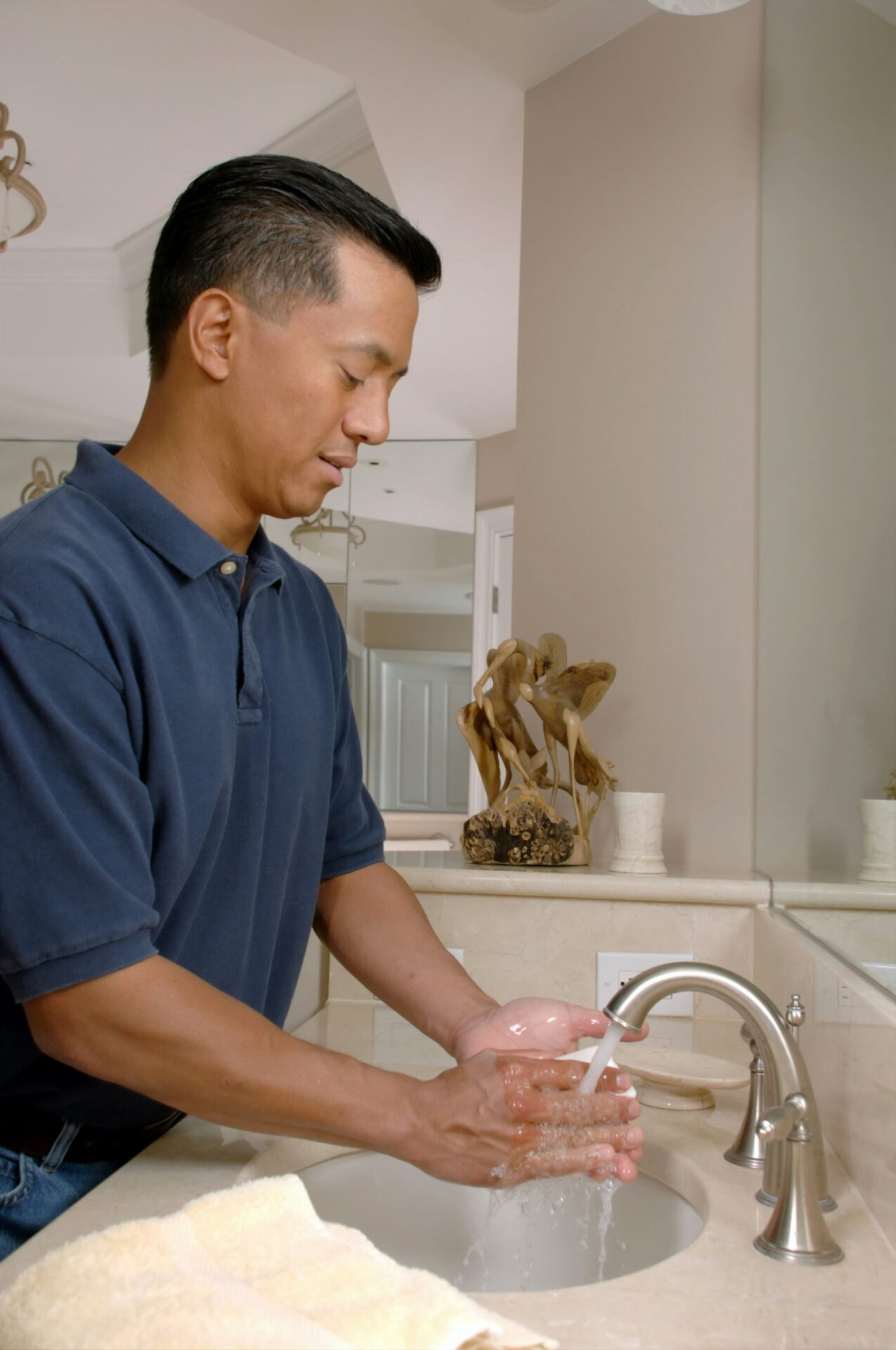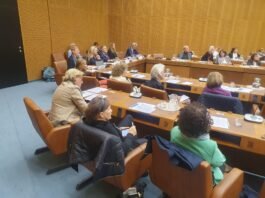Introduction to the Conference
The conference organized by the NGO Committee on Ageing, which tooke place in celebration of the 2025 United Nations International Day of Older Persons, aimed to provide a comprehensive exploration of the vital theme, ‘Highlighted the Role of the Brain for Healthy Ageing.’ This event underscored the increasing importance of brain health as older adults navigate the complexities of ageing while maintaining their cognitive functions and overall well-being. The significance of this theme is heightened by the UN’s ongoing ‘Decade of Healthy Ageing’ initiative, which emphasizes the importance of promoting healthy environments and empowering older individuals to age with dignity and vitality.
On September 26, 2025, the event gathered experts, practitioners, and advocates in the field of gerontology and neuroscience and discussed innovative strategies and research advancements related to maintaining brain health in older populations. With a growing global demographic of older persons, the conference takes on added relevance in addressing the unique challenges and opportunities presented by brain health in the context of healthy ageing. Participants engaged in discussions that highlight the significance of mental resilience, cognitive engagement, and the role of lifestyle choices in promoting longevity and cognitive vitality.
The chosen location for this conference served as an accessible and welcoming setting for attendees from diverse backgrounds, ensuring the presence of a wide range of perspectives on brain health and ageing. The discussions and findings presented during the conference contributed to the global dialogue on ageing and the urgent need to address brain health as a critical component of overall health and well-being for older adults.
Key Themes of the Conference
The conference on healthy ageing delved into several key themes, each crucial for addressing brain health in the aging population. One of the primary themes is the prioritization of brain health as an integral part of overall well-being. Recognizing brain health as essential goes beyond mere cognitive function; it encompasses emotional, social, and physical aspects that contribute to a fulfilling life. This perspective emphasizes that preserving mental acuity and emotional stability is vital for enhancing the quality of life in older adults.
Another significant theme focused on adopting a proactive approach to extending cognitive health throughout one’s lifespan. This involves understanding that cognitive decline is not an inevitable part of aging but can be influenced by lifestyle choices, such as diet, physical activity, and mental engagement. Workshop sessions concentrated on evidence-based strategies and interventions that can be implemented at various stages of life to mitigate cognitive decline and promote brain vitality.
The concept of self-agency also featured prominently in discussions, highlighted individuals’ ability to take charge of their brain health. Empowering older adults to engage in decision-making regarding their health and wellness fosters a sense of control that can significantly affect their cognitive and emotional well-being. This theme encourages participants to explore practical tools and resources that support their autonomy in health management.
Lastly, the importance of a lifelong and intergenerational perspective on healthy ageing was emphasized. This theme advocates for collaborative efforts across generations to share knowledge and resources that can enhance brain health. By forging connections between younger and older populations, the conference aims to promote a holistic understanding of brain health that benefits society as a whole. Each of these themes underscored the necessity of a comprehensive approach to brain health and healthy ageing in contemporary discourse.
Speaker Presentations Overview
The conference on healthy ageing featured an impressive lineup of speakers, each bringing a wealth of knowledge and expertise in their respective fields. One of the keynote speakers, Alana Officer, shared insights into the progress made by the United Nations on the healthy ageing agenda. Her presentation was not only highlight the achievements of the UN but also delved into future goals that aim to enhance the well-being of older adults globally. With her extensive experience in public health and policy, Officer’s discussion inspired attendees to consider the broader implications of healthy ageing initiatives and their role in fostering a more inclusive society.
Another prominent speaker, Dr. Sandra Bond Chapman, an expert in brain health, discussed recent advances in measuring and improving cognitive functions among older populations. Dr. Chapman is renowned for her innovative research that focuses on the intersection of brain health and aging, shed light on how various strategies can enhance cognitive resilience as individuals age. Her presentation covered key methodologies for assessing brain health, alongside practical recommendations for implementing effective improvement strategies. By drawing on empirical evidence, Dr. Chapman provided participants with actionable insights that underscore the significance of maintaining cognitive well-being as part of a comprehensive healthy ageing framework.
Overall, the presentations from these distinguished speakers greatly contributed to the ongoing conversation about healthy ageing. Attendees engaged with the latest research findings and expert perspectives that enriched their understanding of brain health and the various facets of ageing. The conference promised a remarkable platform for knowledge exchange, leveraging the expertise of leading voices in the field to provide valuable contributions to the discourse on health and ageing.
Conclusion and Call to Action
In contemplating brain health and its significance during the aging process, it is paramount to recognize that cognitive vitality is indispensable for enhancing the quality of life in older adults. As individuals age, the brain undergoes various changes; therefore, understanding these changes is crucial for promoting overall well-being. Engaging in proactive measures, such as cognitive exercises, balanced nutrition, social interactions, and regular physical activity, can significantly contribute to maintaining brain health. It is imperative for attendees and readers to consider their own brain health consciously and actively integrate strategies that support healthy ageing.
Following the insights gained from the conference, there are numerous avenues to further engage in the conversation surrounding brain health. For instance, accessing reliable resources that provide evidence-based information on maintaining cognitive function is vital. Websites dedicated to brain health often feature articles, tips, and research findings to educate individuals on practices that can bolster cognitive resilience. Additionally, becoming involved in community initiatives can yield collective benefits. Local organizations frequently host workshops or support groups that focus on mental fitness and community engagement for older adults.
Advocacy also plays a significant role in promoting healthy ageing strategies. Joining forces with institutions that prioritize brain health can amplify efforts to enhance public understanding and awareness. By participating in advocacy movements or campaigns, individuals can contribute to the betterment of policies and programs designed to support older populations. Through these efforts, people can create substantial ripples in their communities that promote cognitive well-being for current and future generations.






Lovely site! I am loving it!! Will be back later to read some more. I am bookmarking your feeds also.